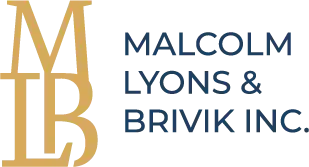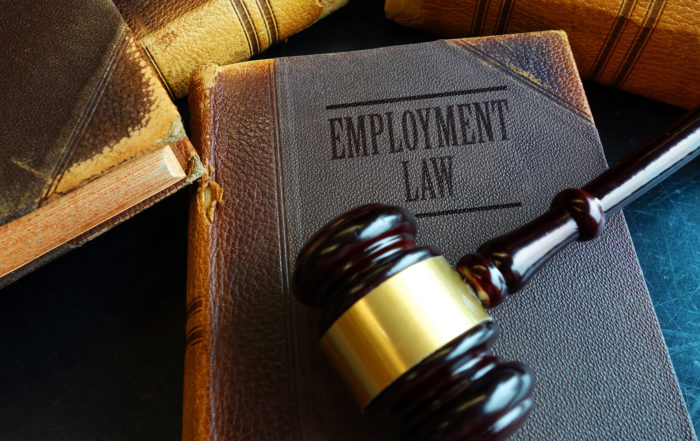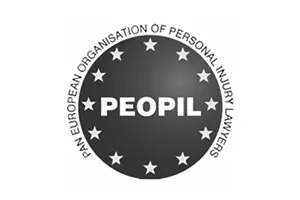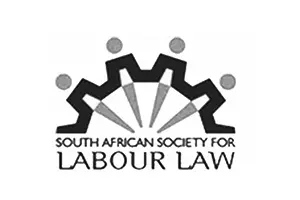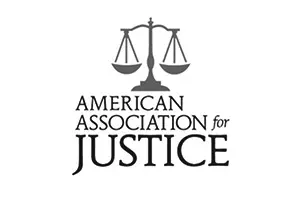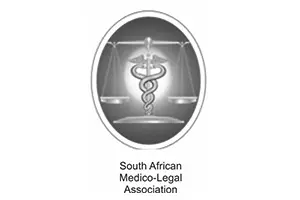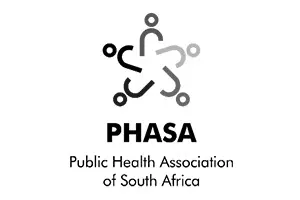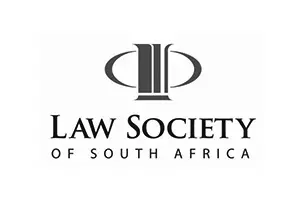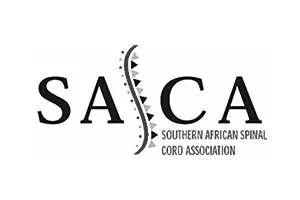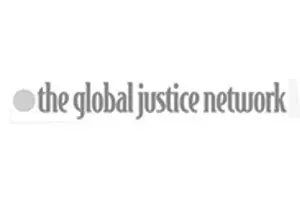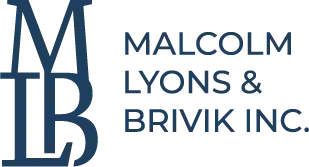
Key points from the President’s speech
Following the President’s address on Monday 23 March 2020, here are some of the key points which were extracted and on which we are waiting on further details, so for example where the President stated that nobody can leave their homes unless under strict circumstances, what precisely are those circumstances, how many persons can leave a home at one time and the like. Regulations will soon be passed in terms of the national disaster act to provide further clarity.
As soon as this is done, we will be able to convey this.
For the moment the key points are as follows:
- You will not be allowed to leave your home except under strict circumstances, such as to seek medical care, buy food, medicine and other supplies or collect a social grant.
- All shops and businesses will be closed, except for supermarkets, pharmacies, laboratories, banks, essential financial and payment services, including the JSE, petrol stations and health care providers.
- Companies that are essential to the production and transportation of food, basic goods and medical supplies will remain open.
- The South African National Defense Force will be deployed to support the South African Police Service to ensure the lockdown is implemented.
- There will be a significant increase in screening, testing, contact tracing and medical management.
- Emergency water supplies will be provided to informal settlements and rural areas.
- South African citizens and residents arriving from high-risk countries will automatically be placed under quarantine for 14 days.
- Non-South Africans arriving on flights from high-risk countries we prohibited a week ago will be turned back.
- International flights to Lanseria Airport will be temporarily suspended.
- International travellers who arrived in South Africa after 9 March 2020 from high-risk countries will be confined to their hotels until they have completed a 14-day period of quarantine.
- Any employee who falls ill through exposure at their workplace will be paid through the Compensation Fund.
- A tax subsidy of up to R500 per month will kick in for the next four months for private sector employees earning below R6 500.
- Anyone breaking the rules could be punished with imprisonment for up to one month or with a fine.
The current position on objections to the con/arb process
Con/arb process - The Commission for Conciliation, Mediation[...]
Out of time? Think again – The CCMA and its rules
By Lara Keil (Candidate Legal Practitioner) under the[...]
RAF’s lodgement requirements: Claimants further prejudiced
By Lara Keil (Candidate Legal Practitioner) under[...]
